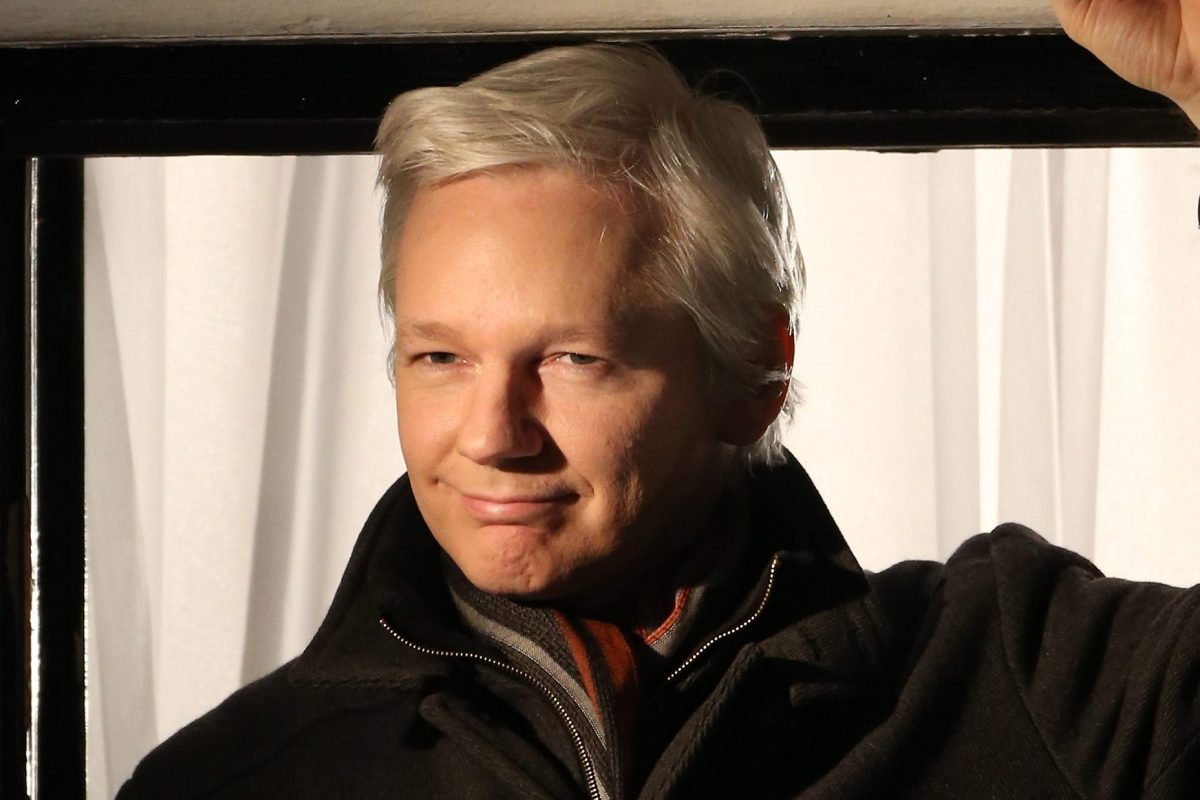Editor’s Note: RealClearLife, a news and lifestyle publisher, is now a part of InsideHook. Together, we’ll be covering current events, pop culture, sports, travel, health and the world.
Seven years after he sought refuge there in order to avoid extradition over a sexual assault charge, Wikileaks co-founder Julian Assange has been arrested at the Ecuadorian embassy in London.
However, Assange was arrested on behalf of the United States, not Sweden.
According to Scotland Yard, the WikiLeaks founder was arrested “on behalf of the United States authorities” on an extradition warrant “under Section 73 of the Extradition Act.”
While addressing the Commons, UK Prime Minister Theresa May also said Assange was arrested on a breach of bail charge as well as an extradition request from the U.S.
BREAKING: #Assange removed from embassy – video pic.twitter.com/qsHy7ZVPg5
— Ruptly (@Ruptly) April 11, 2019
The U.S. has been after Assange for years for the role the site he founded had in publishing government secrets about the Iraq war, state department memos and other sensitive information.
The Justice Department said it was aware of Assange’s arrest but has yet to reveal what specifically he has been accused of that prompted the extradition request.
Edward Snowden, who is also wanted by the U.S. for leaking classified information about government surveillance programs which he obtained while working as a security contractor, tweeted on Assange’s behalf.
“Images of Ecuador’s ambassador inviting the UK’s secret police into the embassy to drag a publisher of–like it or not–award-winning journalism out of the building are going to end up in the history books,” he wrote. “Assange’s critics may cheer, but this is a dark moment for press freedom.”
The ACLU also issued a statement on the arrest.
“Any prosecution by the United States of Mr. Assange for Wikileaks’ publishing operations would be unprecedented and unconstitutional and would open the door to criminal investigations of other news organizations,” according to Ben Wizner, director of the ACLU’s Speech, Privacy, and Technology Project. “Moreover, prosecuting a foreign publisher for violating U.S. secrecy laws would set an especially dangerous precedent for U.S. journalists, who routinely violate foreign secrecy laws to deliver information vital to the public’s interest.”
The sexual assault case against Assange has been dropped.
Thanks for reading InsideHook. Sign up for our daily newsletter and be in the know.



















